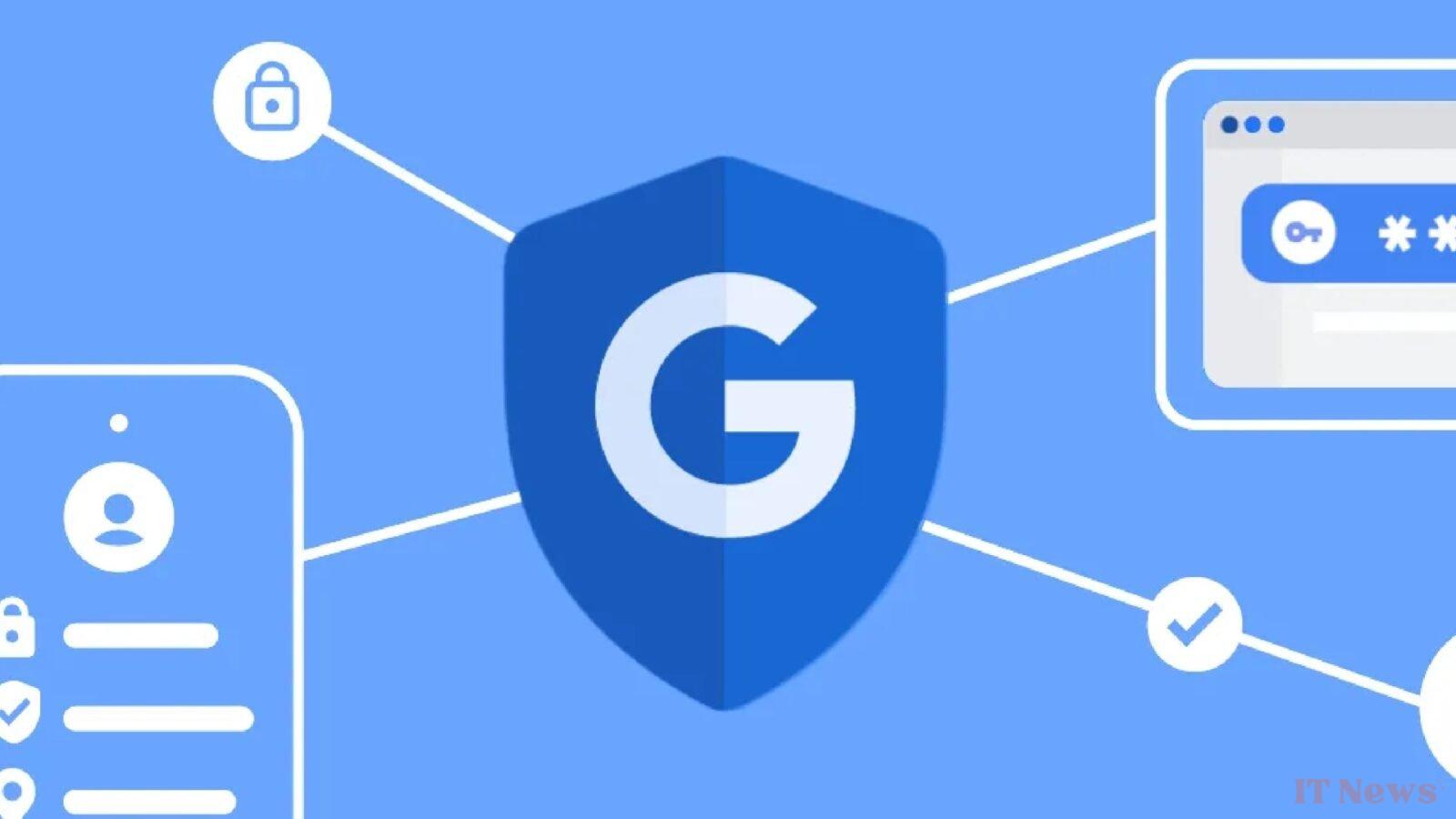Digital scams are on the rise. According to the FBI, they cost victims $16.6 billion in 2023, a 33% increase in one year. The phenomenon is not limited to a single channel: more than 60% of American consumers say they have been targeted by fraud attempts, mostly by text message, but also by email, according to a Morning Consult and Google study.
Scams are exploding, but so is vigilance
Another worrying finding: a third of respondents say they have been the victim of a personal data leak. However, this accumulation of attacks seems to reinforce the reflex of distrust. More than 80% of respondents now say they are able to identify a scam, particularly by being wary of urgent requests, suspicious links, or requests for personal data.
The study shows a clear difference in approach between generations. Older users—Generation X and baby boomers—cling to traditional methods like passwords and two-factor authentication. About 60% of them still use these solutions as their first line of defense.
Conversely, younger users, particularly Generation Z, are adopting more modern systems like passkeys or logging in through a third-party online service like Google. These methods have the advantage of being simpler and more secure, while avoiding the risks associated with passwords: leaks, phishing, or random reuse.
Furthermore, young people spend more time online (more than 5 hours a day on their smartphones for 60% of them) but use fewer accounts thanks to the centralization of credentials via services like "Sign in with Google."
Google highlights its integrated tools to make users' lives easier while protecting them. Its password manager automatically alerts you if a login is compromised, suggests strong passwords, and fills them in automatically.
The company also relies on artificial intelligence to block scam attempts as soon as they appear. In Gmail, more than 99.9% of phishing, spam, or malware attempts are blocked in advance. On Android, fraudulent messages are filtered (fake tolls, crypto, fake deliveries, etc.), and suspicious calls can be ignored thanks to features like "Call Screen."
Finally, Google is pushing the adoption of passkeys, passwordless logins associated with a fingerprint or facial recognition. According to the company and much of the industry, they offer superior security while being easier to use.



0 Comments